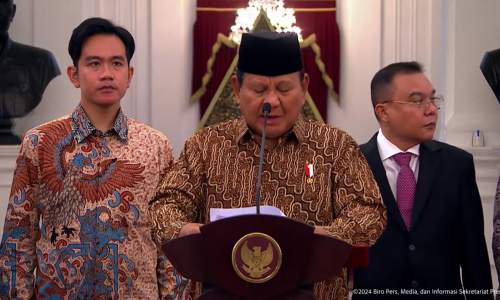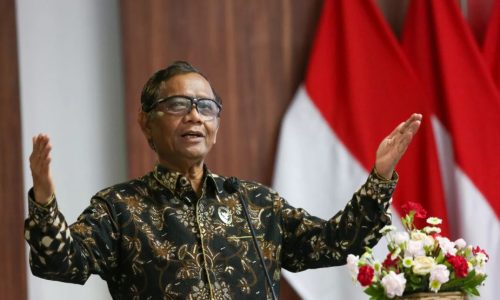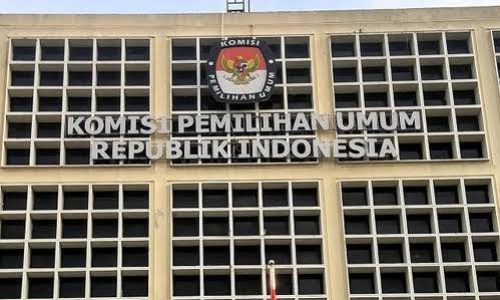A senior energy policy analyst says that Indonesia’s reliance on coal not only causes deforestation, but also significantly contribute to greenhouse gas emissions.
Indonesia’s heavy reliance on coal for electricity generation and mining activities has led to significant environmental impacts, particularly in coal mining regions of Kalimantan and Sumatra.
A recent report by international think tank Ember, titled “Indonesia’s Expansion of Clean Power can Spur Growth and Equality,” reveals that over 143,000 hectares of forest have been deforested in Kalimantan due to coal mining activities.
“Coal mining and coal-fired power generation significantly contribute to emissions in the energy sector,” Dinita Setyawati, Senior Electricity Policy Analyst for Southeast Asia at Ember, said on Wednesday, August 14, 2024.
Dinita cited that East Kalimantan, South Kalimantan, and South Sumatra are Indonesia’s top three coal-producing provinces, with an annual production of approximately 600 million tons.
Additionally, these provinces are major sources of coal mine methane (CMM) emissions, a potent greenhouse gas released during coal mining processes.
In 2022, CMM emissions in these three provinces were estimated to reach 516 kilotons of CH4. “CMM has a climate impact 30 times greater than carbon dioxide, with emissions equivalent to about 15.4 million tons of CO2e,” Dinita noted.
However, she added that these CMM emissions have not yet been included in subnational greenhouse gas inventories or mitigation plans in these provinces.
In addition to producing methane emissions from coal mining, East Kalimantan, South Kalimantan, and South Sumatra heavily rely on coal for power generation.
In 2022, East Kalimantan had coal-fired power plants (PLTU) with a total capacity of 987 MW, South Kalimantan 571 MW, and South Sumatra 1,340 MW.
These power plants are estimated to collectively generate over 15 million tons of CO2e annually, comparable to the CMM emissions from coal mining in these regions.
The Ember report highlights the importance of transitioning to cleaner energy sources to mitigate the environmental impacts caused by the dependence on coal.
Dinita emphasized the need for stronger policies and incentives to promote the adoption of renewable energy and reduce the negative effects of the energy sector in Indonesia.









